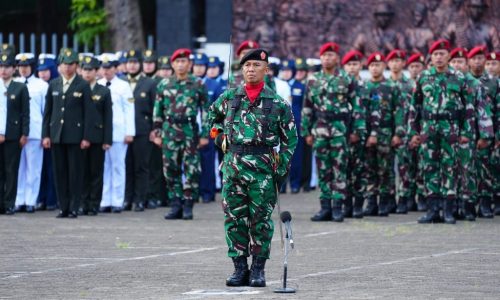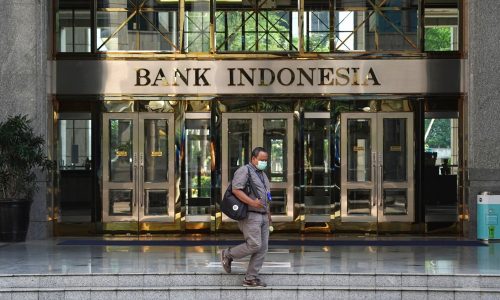Indonesia ranked 124th among the 180 countries concerning press freedom, according to a survey by Reporters Without Borders (RSF) in 2019. Most of the online media in the archipelago are owned by the country’s conglomerates.
Recently, the National Police took advantage of the COVID-19 moment to fight any disinformation linked to the pandemic and at the same time to silence all public opinion deemed critical of the president and his cabinet. As a result, journalists can face a year and a half in prison.
In April 2020, Comr. Gen. Listyo Sigit Prabowo, head of the police’s Criminal Investigation Unit (Bareskrim), signed a directive in which three priorities have to be followed by his agents responsible for monitoring internet publications and social networks. Those three priorities are:
- False information related to COVID-19;
- Any fraudulent information on the sale of medical equipment;
- Critique/hostile information addressed to/or related to the president or his government.
Daniel Bastard, head of RSF’s Asia-Pacific office, noted that the directive is not compatible with the freedom of the press, guaranteed by Article 28 of the 1945 Indonesian Constitution.
Earlier this year, an American reporter for the environmental news site Mongabay, Phil Jacobson, was placed in police detention in Palangkaraya, Central Kalimantan, for 10 days. He was accused of breaking the 2011 immigration law. He was since deported from the country, although he still held his multi-entry business visa.
Jacobson traveled to Palangkaraya to meet, among others, members of the Alliance of Indigenous Peoples of the Indonesian Archipelago (Aliansi Masyarakat Adat Nusantara, AMAN). Two days later, he attended a dialogue session in Regional Legislative Council (DPRD) between representatives of AMAN and elected officials from Central Kalimantan province.
In Indonesia, the freedom of the press is not limited to foreign journalists. Two Indonesian investigative journalists died in November 2019, covered in stab wounds, in a ditch near the palm plantation in Labuhan Batu, on the northeast coast of Sumatra. Maraden Sianipar and Maratua Siregar worked for Pilar Indonesia Merdeka, an online magazine that closed in 2017. The two have since become independent journalists. They carried the voices of the population’s victims of expropriations related to the development of the palm oil industry on the island of Sumatra.
Quoted from The Jakarta Post, a friend of the two journalists said they both had planned to meet local officials to investigate the disputed 350-hectare site, managed by the Indonesian palm oil conglomerate, PT. SAB/KSU Amalia (Sei Alih Berombang also known as multi-business cooperative (KSU) Amalia).









